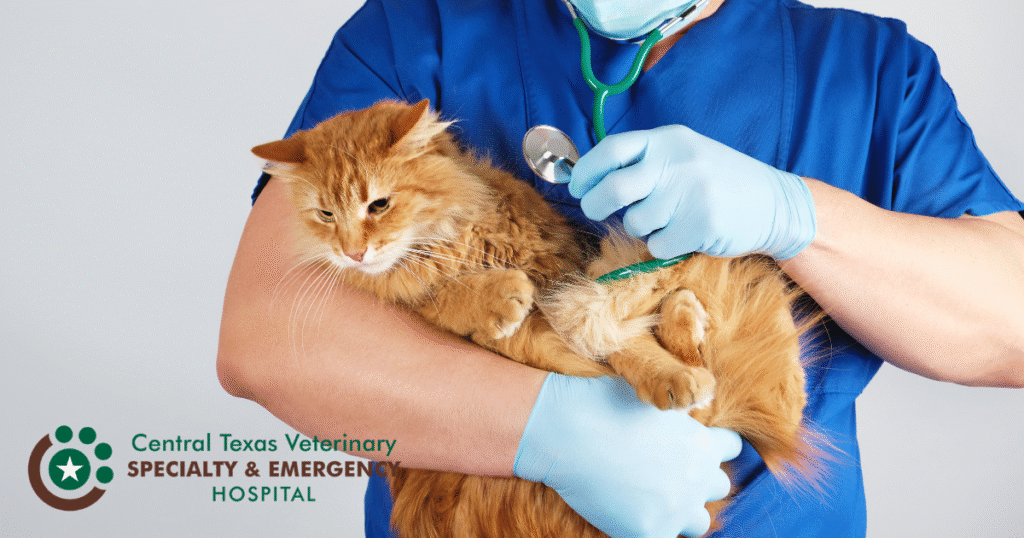Cats sneeze just like humans, and an occasional sneeze is typically nothing to worry about. However, if your feline friend is sneezing frequently or displaying other concerning symptoms, it may be time for a visit to the vet. Here’s what you should know about sneezing in cats and when to seek medical attention.
Common Causes of Sneezing in Cats
There are several reasons why your cat might be sneezing, including:
- Respiratory Infections: Viral, bacterial, or fungal infections can lead to persistent sneezing, along with other symptoms such as nasal discharge, coughing, or fever.
- Allergies: Cats may be sensitive to dust, pollen, perfumes, or cleaning products, resulting in sneezing and watery eyes.
- Irritants: Smoke, strong odors, or airborne chemicals can irritate your cat’s nasal passages.
- Foreign Objects: Small particles like dust or grass can become lodged in your cat’s nasal passages, triggering sneezing fits.
- Dental Disease: Infections in the teeth and gums can result in inflammation of the nasal cavity, leading to sneezing.
- Nasal Polyps or Tumors: These growths can obstruct airflow, causing persistent sneezing and nasal discharge.
When to See a Vet
If your cat’s sneezing is infrequent and they appear otherwise healthy, you likely don’t need to worry. However, you should contact your veterinarian if you notice:
- Frequent, uncontrollable sneezing
- Nasal discharge (especially if it’s yellow, green, or bloody)
- Coughing or wheezing
- Loss of appetite or weight loss
- Lethargy or behavioral changes
- Swollen or runny eyes
- Difficulty breathing
What to Expect at the Vet
Your vet will conduct a physical examination and may perform tests such as nasal swabs, blood work, or X-rays to identify the cause of the sneezing. Based on the diagnosis, treatment options may consist of antibiotics, antihistamines, or other medications. In some instances, dental work or surgery may be necessary.
Preventing Sneezing in Cats
While not all causes of sneezing are preventable, you can take steps to minimize risks:
- Keep your cat up to date on vaccinations, especially for feline respiratory viruses.
- Maintain a clean environment, free of dust, smoke, and strong fragrances.
- Monitor your cat’s dental health and schedule regular vet check-ups.
- Address any allergy triggers in your home, such as pollen or cleaning chemicals.
Final Thoughts
A sneezing cat isn’t always a cause for alarm, but persistent sneezing along with other symptoms could indicate an underlying health issue. If you’re unsure, it’s always best to consult with your veterinarian to ensure your feline companion stays happy and healthy.

